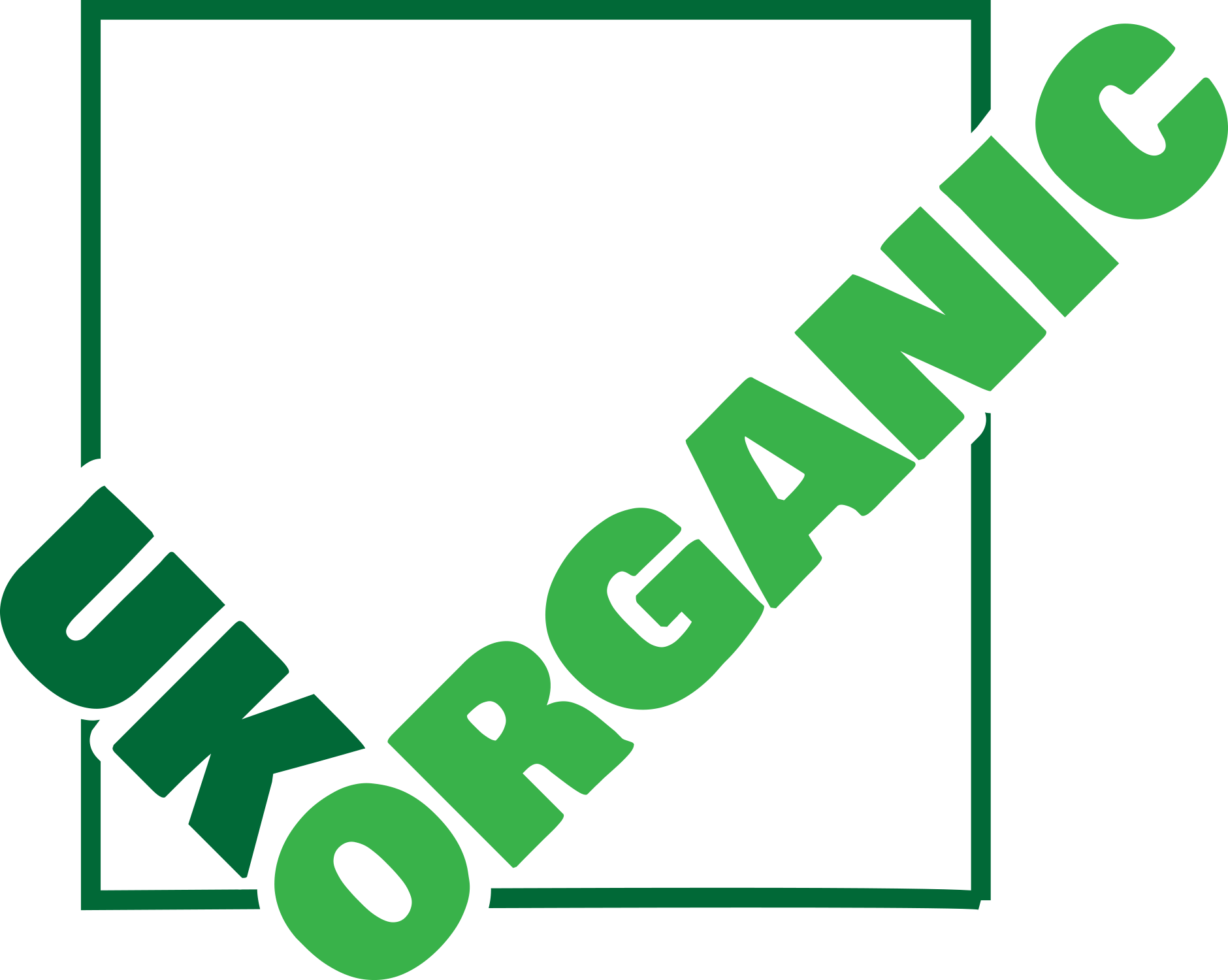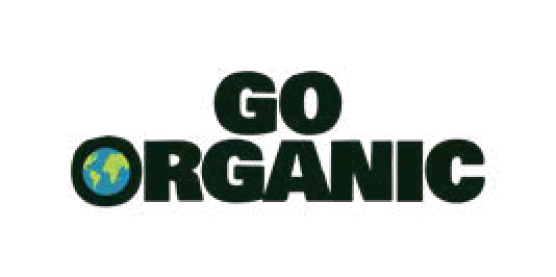
The latest data from the Research Institute of Organic Agriculture FiBL and IFOAM – Organics International has just been published. The survey on organic agriculture worldwide reports that organic farmland has increased by 1.1 million hectares, with organic retail sales continuing to grow, according to data from 187 countries (at the end of 2019).
The 22nd edition of the study “The World of Organic Agriculture” shows a welcome continuation of positive growth as seen in recent yers.
Organic global market growth
The market for organic food reached 106 billion euros in 2019, with the United States leading the market at 44.7 billion euros, followed by Germany at 12.0 billion euros and France at 11.3 billion euros.
3.1 million producers worldwide
The number of organic producers has reached 3.1 million, in 2019, with India being the country with the highest number of producers (1.366 million) followed by Uganda (210k) and Ethiopia at 204k.
Global organic statistics show ongoing engagement with transparency in the organic sector
“The global organic statistics have proven useful for international development cooperation programs and supporting strategies for organic agriculture and markets, and they are crucial for monitoring the impact of these activities. This publication shows our ongoing engagement with transparency in the organic sector”, says Louise Luttikholt, IFOAM – Organics International Executive Director. Knut Schmidtke, Director of Research, Extension & Innovation of FiBL Switzerland, adds “The yearbook is an outstanding reflection of the level of trust people around the world have in organic agriculture and its importance for nutrition, the environment and sustainable development.”COVID-19 has resulted in a significant increase in demand for organic products in many countries but also challenges: “We expect to see the effect of the pandemic on the development of the sector with the 2020 data to be ready in a year’s time”, says Helga Willer, who is in charge of the yearbook at FiBL.
You can read the full report here.



